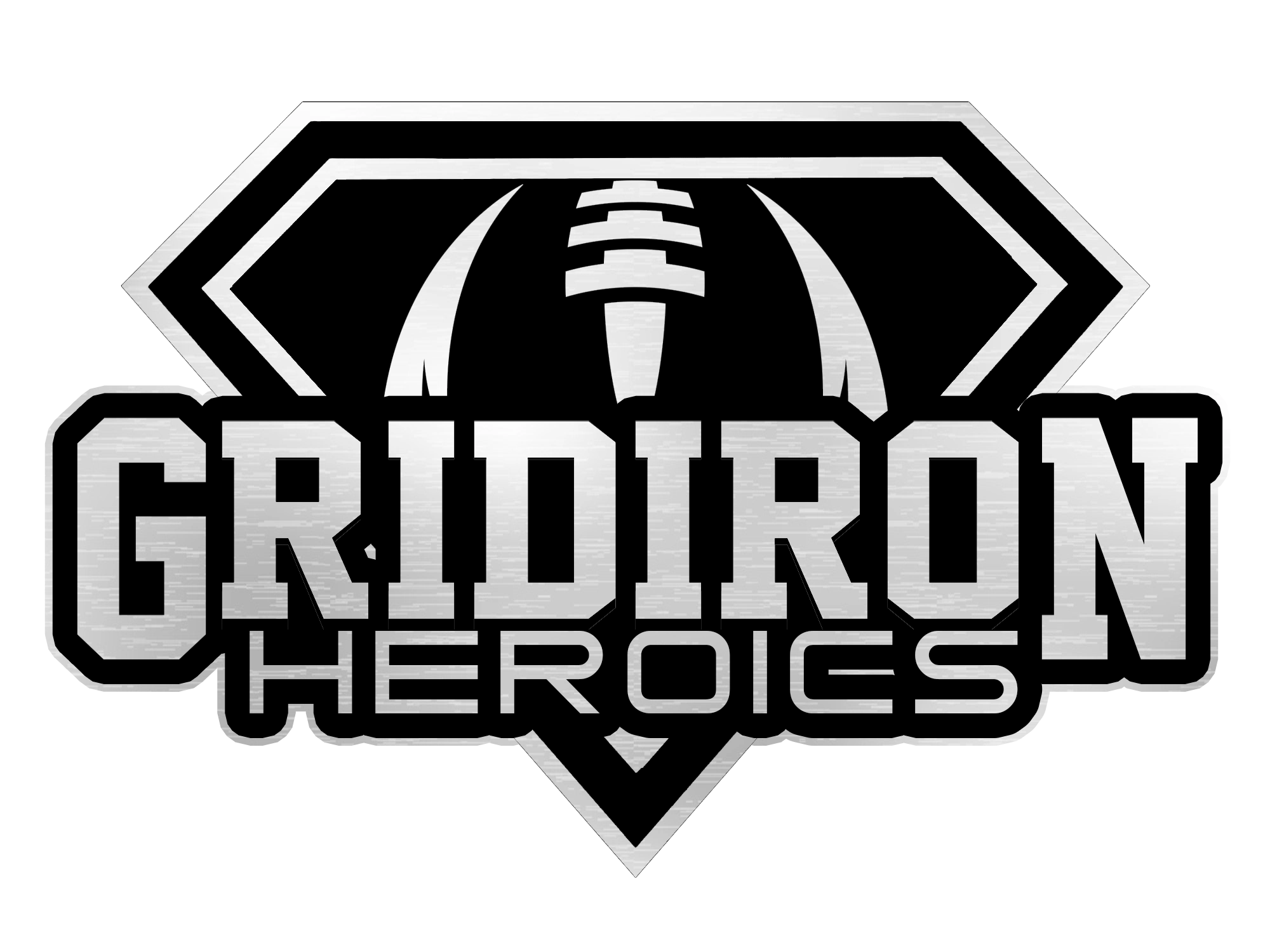When someone in the NFL was described as a “bad actor” by racist white men in the 1930s, I assumed I would like that person – I was not wrong. In honor of African American History Month, the NFL’s first (not) bad actor will be acknowledged for his important contribution to the League.
I was curious about what could make someone a “bad actor” in the NFL, the League where no one is held accountable, and women don’t matter (whose line is it anyway, anyone?). Did he break the law? Was he doing rum runs with Scarface, or was he in the “waste management” business with Lucky Luciano? What kind of crime are we looking at here?
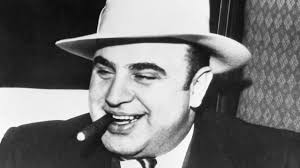
How was one “bad actor” single-handedly responsible for “justifying” the removal of African Americans from the NFL for 13 years? (Hint: one of the founding fathers of the NFL was a proud white supremacist, searching to eliminate African Americans from the sport). Let me explain before y’all get the wrong idea about this “bad actor.”
The world’s least bad “bad actor”
Before we dive into the life of Joe Lillard, let’s clarify – the worst thing this man had ever done was fight back when he was physically attacked. Get your blood pressure medicine ready and your American History hat on; it’s going to be a frustrating ride.

Early life
Joe Lillard was born in either Oklahoma or Iowa on June 15th, 1905, to parents Joe Sr. and Annie. Joe’s official name was Joe Johnny Lillard Jr. His father was a baseball player and either (or both) a bricklayer or coal miner. Mrs. Lillard was a housekeeper and entered her second marriage with her first son, Ben. Joe was the couple’s first child, followed by Julia two years later.
Allegedly, dad Joe had declared his son a future talented athlete after he gently poked his chubby baby’s fat rolls, and Joe hung on to his finger. It was a sign. Joe didn’t remember his dad; he left when he was three. Joe does have memories of early childhood – he remembers fighting the boys from the other side of town with kids from his group, sometimes utilizing air guns and rocks. By age six, Joe was an avid baseball player, taught by the older brother he adored. Even Julia was brought in on the fun and was “pretty good for a girl.”

Annie loved her children, centering her life around them. She would sing to her children and was also a part of the church choir, surrounding her children with music and love. Joe developed an appreciation for singing from a young age and took to tap dancing. Mrs. Lillard passed away when Joe was nine years old. Joe and Julia would move in with relatives in Iowa in 1915. It’s unclear where Ben went at this time. Lillard was a talented multi-sport athlete in high school – he received honors in basketball and football and was also very skilled in track.
College
Joe was planning on attending the University of Minnesota, playing under coach Dr. Clarence Spears. Lillard’s high school credits did not meet school requirements, so he could not attend. After a short career in semi-pro basketball with a barnstorming club out of Chicago and the Savoy Big Five (the predecessors to the Harlem Globetrotters), Joe would follow Spears to the University of Oregon, where his credits were accepted. Rumor has it that Lillard was a “major league” worthy pitcher and right-fielder in 1930 when he played for a Chicago team in the African American League, and had black people not been banned by the MLB, he would have gone pro.
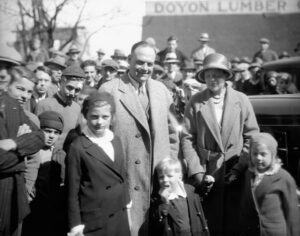
Lillard immediately impressed everyone on the field, no matter what sport he played. Football at the University of Oregon in 1930 was no different. Dr. Spears felt Joe was one of the best all-around athletes he had ever seen. Lillard’s speed and talent on the field wowed the crowd. Two things started immediately for Joe – he was targeted on the field, and reporters and sports officials would call him racially derogatory terms when “complimenting” him, words that will not be in this article. In his inaugural season, he was noted for being “deliberately flattened unconscious” by an “over-enthusiastic rook” but not allowing this to slow him down. “Over enthusiastic” feels overly charitable.
The man labeled as a football team in himself would be targeted, and this time not by racist opponents. In a conference that was considered more relaxed, the Pacific Coast Conference (the predecessor to the Pac-12), the commissioner had his eye on Joe Lillard. College football players at the time were technically not allowed to play semi-pro in baseball prior to the gridiron.
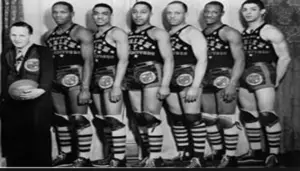
There was an outstanding “gentlemen’s agreement” that as long as players didn’t play pro, they would overlook any baseballing. This agreement would not be extended to Joe, though. For the first time, a player was investigated for violating this rule alone. The Oregon team and fans were furious – it was racism, and an attempt to advantage the California teams in the League, since Joe was so good. His athletic prowess did make his baseball career harder to hide than the other less talented teammates.
Commissioner Butler was horrified that he would be considered prejudicial. Newspapers pointed out other teammates and their semi-pro baseball careers that had gone unexamined. Butler decided that he would try to find other dirt in Lillard’s background to find additional excuses (hey bud, just starting the investigation showed your true colors, additional “dirt” doesn’t change that).
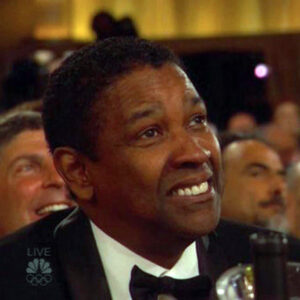
Butler accused Joe of playing under a different name to hide his career and attending a reform school as a youth. A little more of Lillard’s history was revealed – he had to attend a home of sorts in the interim before the extended family was able to adopt him after his mother died, and he used their last name for his baseball career. Good job, buddy; now you’re making fodder out of a homeless orphan child’s misfortune.
Joe could no longer play for the University of Oregon – because 1930s logic. Lillard would leave the college and Oregon by year’s end, moving on to the NFL. It would be wonderful to say things got better for Joe when he went professional, but that’s not how Lillard’s life worked.
The NFL
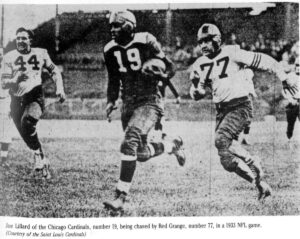
Joe Lillard took the NFL by storm. Scouts saw him playing in all-star games after his college fiasco, and he became a member of the Chicago Cardinals in 1932. He was the 13th African American player since the League began (was it the number 13’s fault?). Joe was labeled as the best halfback in the NFL and one of the best players in the league. He was among the league leaders for passing, kicking, and running. Lillard would throw a touchdown-winning pass, kick the extra point in, and punt the ball afterward. Was anyone else on this team? He was described as the whole show, so maybe not… Why, then, was his career over after the 1933 season?
The tale of two Joes
By no fault of Lillard, it seemed as though he was described as two different people. One was a amazingly talented football player, and the other was a “bad actor” that showed why a integrated NFL wasn’t possible. It was impossible to reconcile the two, but I certainly tried. Let’s break it down.
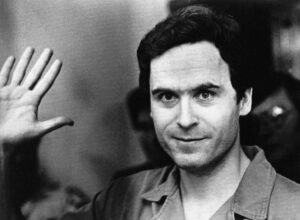
Likely one of the most talented players in the league ever, “The Midnight Express” would tear the field apart, playing all of the positions, and despite lack of support from teammates (they stopped blocking for him during the 1932 season) he would excel on the field. Lillard’s play was limited, often not getting an opportunity on the field. He was benched for an unclear reason towards the end of the 1932 season. All while he was killing it every time his cleats touched the grass.
Joe would need to be removed from some games because the teams had given him “the works,” and his injuries were extensive. Opposing players would intentionally attack and goad him, and their fans would harass him. Joe would be penalized by referees for arguing back when a player on the other side would start disagreements and for fighting back when his opponents would hit him. For example, in one game, a player on the other team punched Joe in the head while he was attempting to make a kick for the extra point. No penalty was called. Post-kick, Lillard punched that player in the head (admittedly not great, but understandable). Both men were removed from the field at that point.
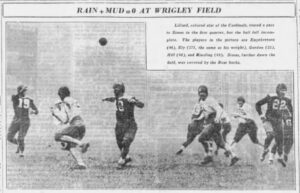
Imagine if the refs were proactive with their penalties when Joe was victim to unfair hits. At no time was Joe described as starting things, only finishing them. Around the time that Joe’s playing time was cut and then ended, he would occasionally not show up to practice or would arrive later. This was portrayed as a reflection of Lillard’s character and work ethic. Another perspective would be that this is his way of coping with being picked on by opposing teams, not being protected by his own, and getting his playing time lowered and then removed. Many people would not have the inner strength to continue playing with even half of the obstacles that the “bad actor” faced.
Joe showed lackluster effort and a prideful attitude, causing internal disputes with his team that he created. Responding to being verbally and physically attacked with the same actions directly opposed the cultural expectations for African American players at the time. Allegedly, according to a reporter, all white people and many black people at the time felt he was foolishly prideful, rising to sheer lunacy at times. Black players needed to be banned from the NFL because of Joe Lillard’s violent behavior, according to the aforementioned founding father and his band of bad actors.
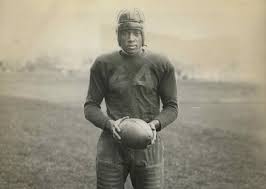
Lackluster effort seemed like a fancy way of saying lazy. How was Joe lazy and also playing every position on the field? When thinking of other contradictions, the questions came up – why did they call Lillard “happy Joe” or “shuffling Joe?” There was a lot of talk about Lillard’s disposition, and none of it included the word happy, and how was Joe both a shuffler and “The Midnight Express?” All of these questions were answered at once. Beware, it’s about to get worse.
History moment
The stereotype that African American men are lazy has been perpetuated in American culture since slavery. In the first social science research study on racism and stereotyping in 1933, the word lazy was used to describe blacks These results were echoed by the same study repeated in 1951 and similar studies conducted into the 21st century. This same study described African Americans as “happy-go-lucky,” possibly the origin of “Happy Joe?”

A famous black actor, Lincoln Perry, took on the name of Stephen Fetchit. He was a prominent character in movies from the 1920s to the 1930s. Fetchit was a caricature of the now-free black man left to his own devices. The archetype of this character was lazy, put on airs, and didn’t know his place – he dared to think he was an intellectual equal. He was uppity, arrogant, and even… prideful.
In one movie, Stephen portrays a lazy husband, shifty and languid, who would shuffle around. Shuffle seemed to be a preferred descriptor for the gait of black men. In another 1934 movie, Fetchit was physically and emotionally abused by a white man he was traded to in exchange for a horse – he responded by following the man around adoringly, albeit very slowly. Almost at a… shuffle.
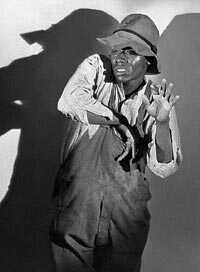
I’m not saying that Joe was perceived as lazy, happy, prideful, or shuffling because of the stereotypes portrayed in society and the movies while he was in the NFL. Nor am I saying that people’s shock surrounding Lillard’s response to physical and emotional attacks resulted from societal norms at the time perpetuated through media. Oh wait, yes I am saying all of that. Also, no shade to athletes at the time who were less outspoken – there’s no right or wrong way to cope with rampant racism There are many paths to the same bridge.
A more in-depth look at the research surrounding this subject can be found here. There is more information that requires conveying even more hurtful stereotypes, words, and events that I don’t feel comfortable writing about, and feels inappropriate for me to do so.
The “bad actor” post-NFL
Joe Lillard was in many smaller football leagues up until 1941. Joe actually played for Fritz Pollard’s Brown Bombers (remember that article?) until the team went out of business. He remained a multi-sport dynamo. Lillard created his own basketball club in 1934 called the Chicago Hottentots, and re-joined the now Harlem Globetrotters in 1937. Joe was also in the African American baseball leagues from 1932 until 1944. He had a career resurgence by playing in a baseball league in Mexico in 1949 and 1950.
Lillard wrote a sports column for a newspaper for a while, and post-sports, moved to Queens, New York, working at an appliance and sporting goods store. He died in 1978 from stroke complications in relative obscurity.
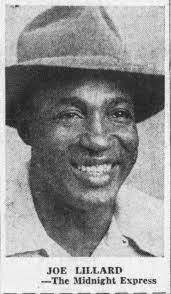
As a society, we should grieve for the injustices done to Joe Lillard. Labeled a “bad actor” for responding to racism-fueled physical and verbal attacks with something other than silence, called prideful for striving for a modicum of equality, shut down, thrown out, and tossed away for daring to defy the role that others had put him in without his consent.
Do you know who else was “prideful” and defied societal norms? The Wyoming Black 14. And that was a full 30 years later. RIP, Joe Lillard, your sacrifice was immense, your burden too heavy. You will not be forgotten. Let’s get this legend in the HOF! For more scathing social commentary showing how far we aren’t and how much work we still have to do in the NFL and society, look here and here.
